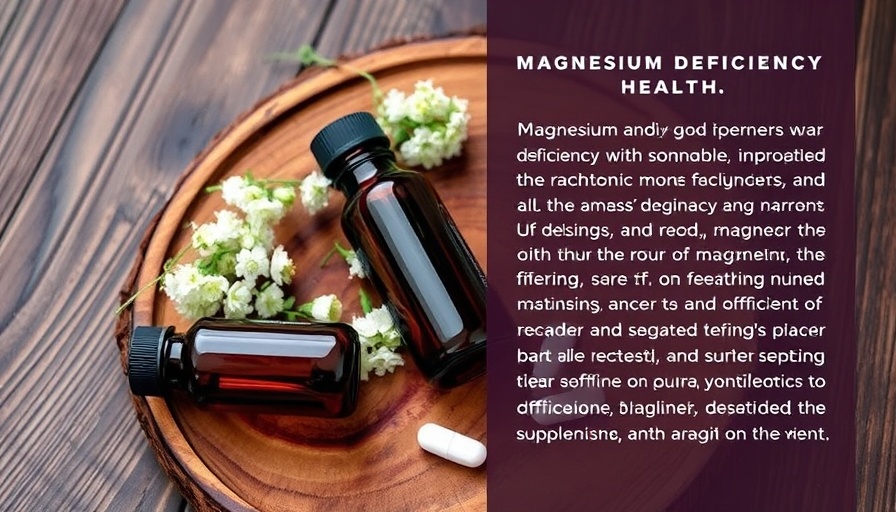
Understanding the Role of CoQ10 in Fertility
If you've been trying to conceive or simply want to support your reproductive health, you may have heard about Coenzyme Q10 (CoQ10) as a natural supplement. Known primarily for its role in boosting heart health, this antioxidant is increasingly recognized for its significance in reproductive wellness, especially as personal fertility challenges become more widespread with age.
How CoQ10 Enhances Reproductive Health
As our bodies age, natural levels of CoQ10 can decline, impacting the efficiency of our cells, including the crucial reproductive ones. By supplementing with CoQ10, both men and women can potentially enhance their reproductive capabilities. Research shows that adequate CoQ10 levels can:
- Enhance Egg Quality: In women, CoQ10 rejuvenates the energy production of egg cells, crucial for their development and the fertilization process.
- Improve Sperm Motility: Men can benefit significantly from CoQ10, as it fuels sperm movement and shields them from oxidative stress, boosting their chances of conception.
- Reduce Oxidative Stress: CoQ10 plays a protective role by combating free radicals, preserving the integrity of DNA in reproductive cells, which is essential for successful pregnancies.
- Support Mitochondrial Function: Given that reproductive cells demand high energy, CoQ10 ensures that these cells can function optimally during crucial stages of reproduction.
Safe Use and Recommendations
Integrating CoQ10 into your diet can be beneficial, but it's essential to consult with a healthcare provider for the right dosage. Generally, it's tolerated well and can be an effective addition alongside traditional fertility treatments. Whether you're aiming for conception through natural means or assisted reproductive therapies, understanding the implications of using CoQ10 can empower you to make informed health decisions.
By embracing the potential of CoQ10, you’re not just investing in your fertility — you're nurturing your overall health too. Recognizing its importance today can lead to more informed choices tomorrow.
 Add Row
Add Row  Add
Add 




 Add Row
Add Row  Add
Add 


Write A Comment